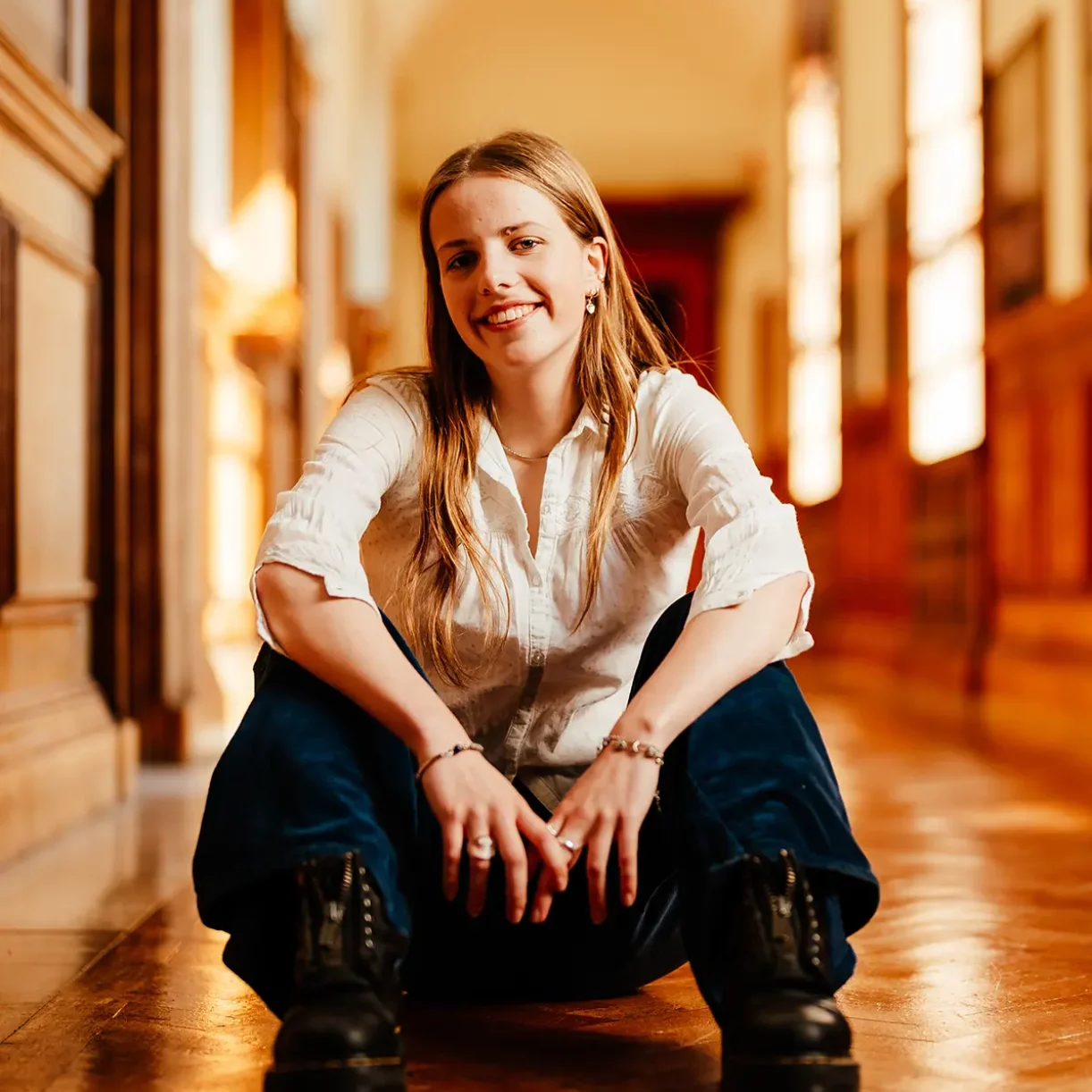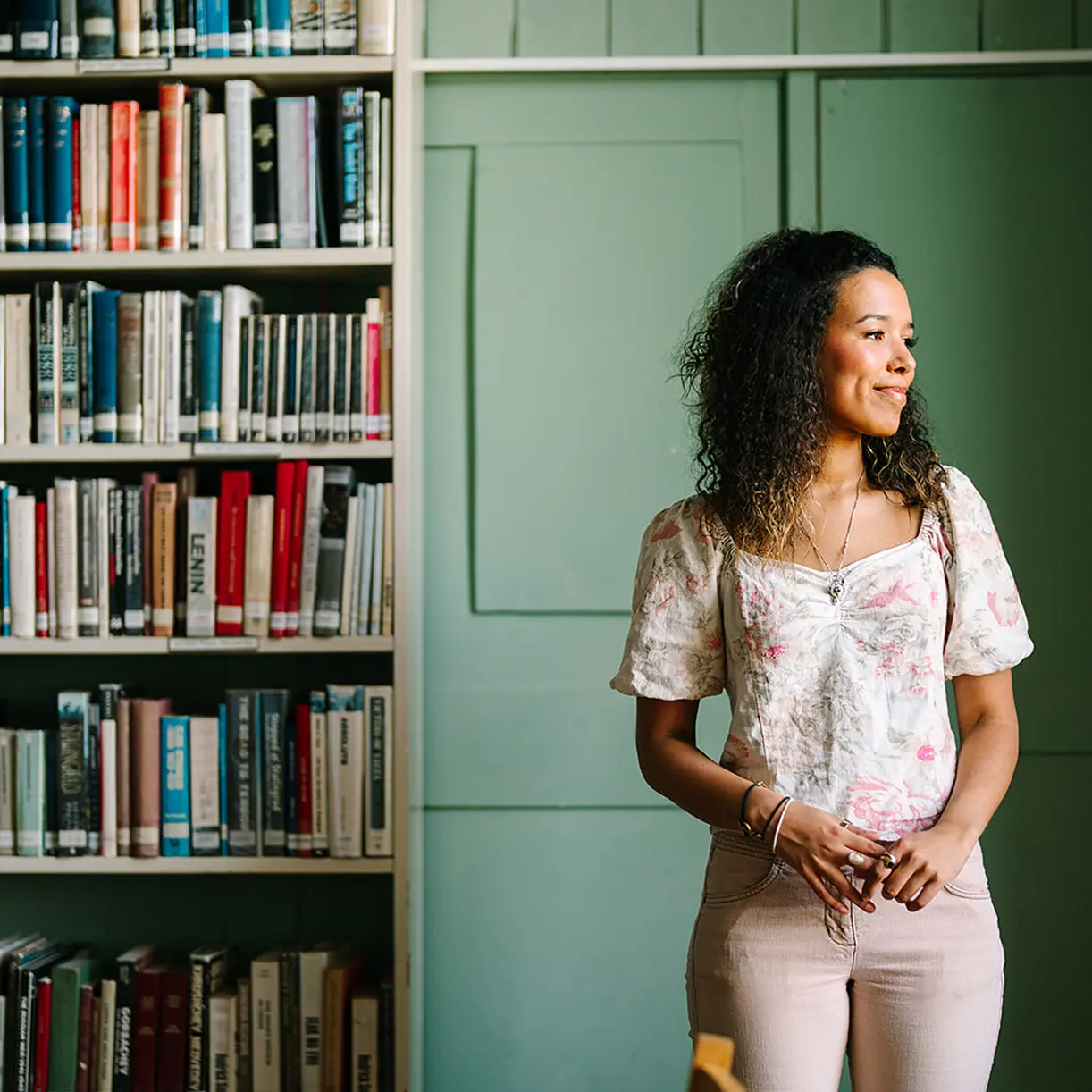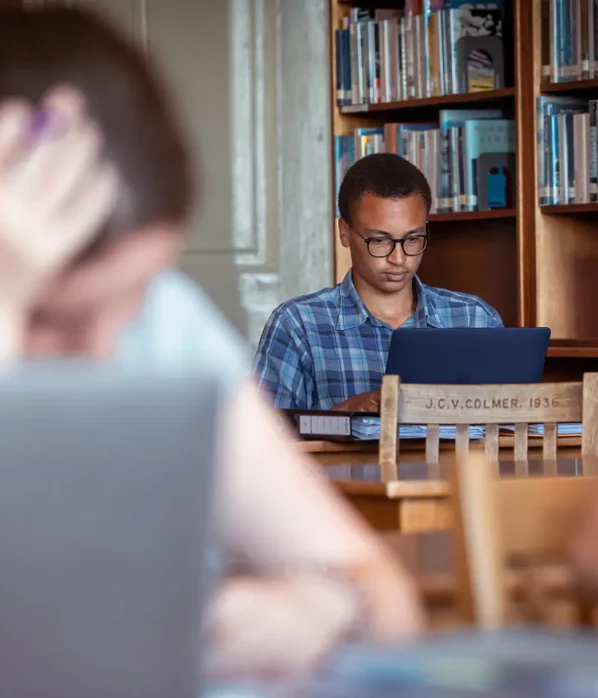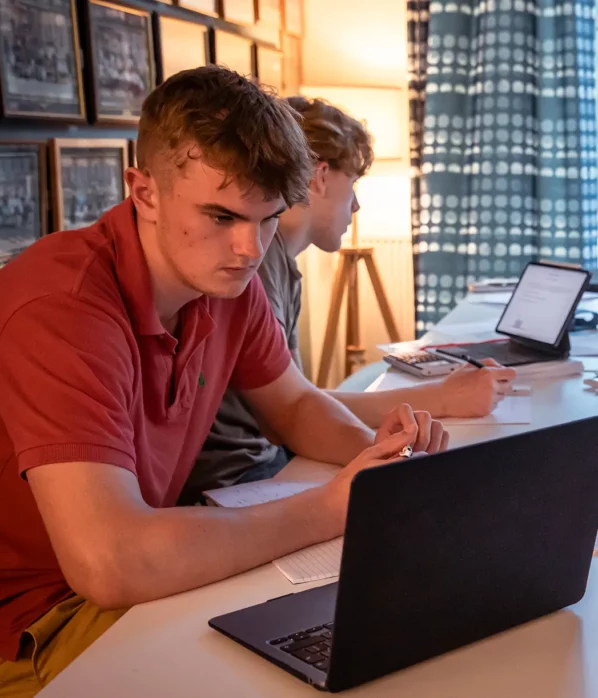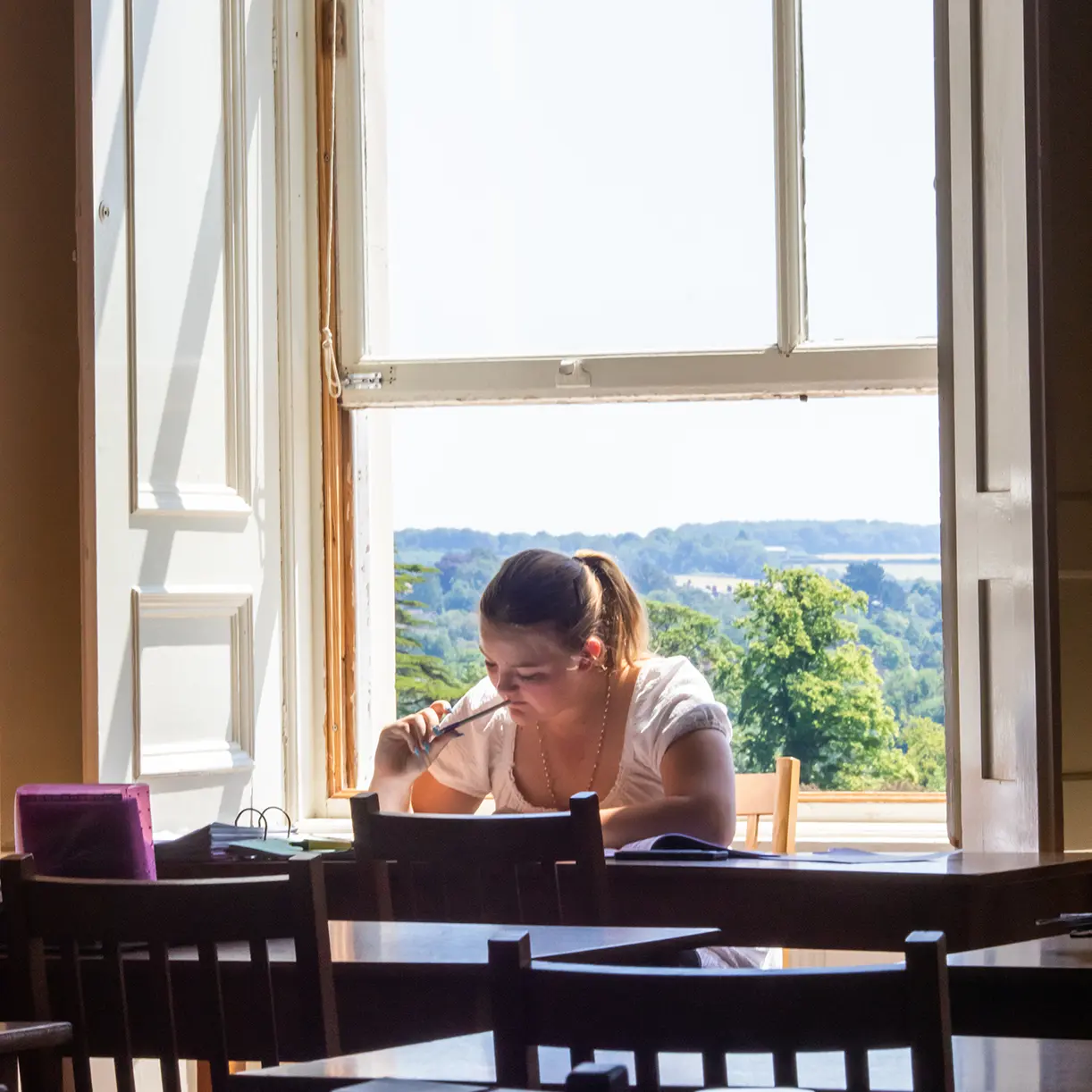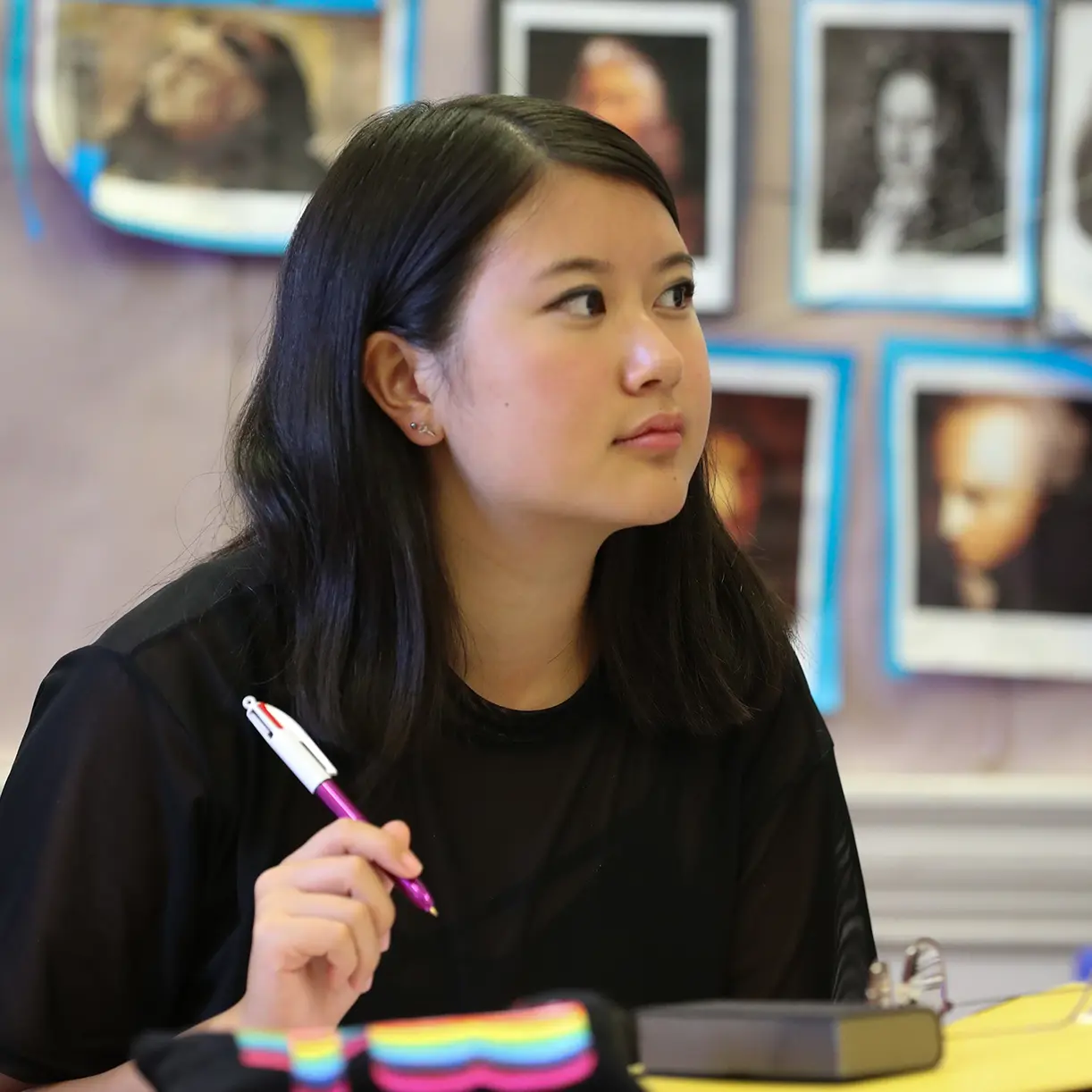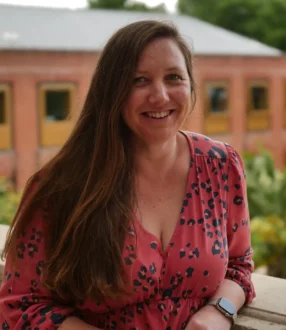Our well-equipped classrooms, Harkness table and a dedicated business library enable pupils to devise strategies, analyse trends, and debate solutions. Classrooms buzz with energetic discussions as pupils grasp the intricacies of the global economy, financial systems, and market dynamics.
Our teachers ensure that pupils leave Bryanston with the ability to think logically about the problems that they face and recognise differing views points when trying to solve them.
